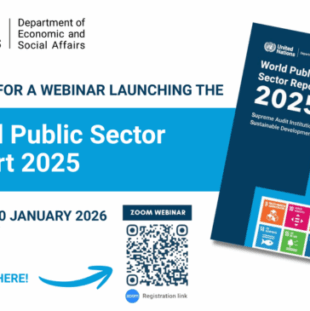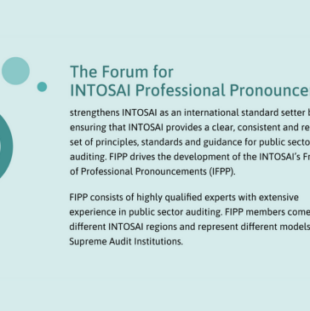Audit Chamber of Armenia Unveils Audit Priorities for 2024-2026

The Audit Chamber (SAI) of the Republic of Armenia has unveiled its audit priorities for the 2024-2026 period, defining the course for public external auditing in the medium term. These priorities are set with a clear vision in mind: to foster a public administration that adeptly serves human needs while strengthening the state’s institutional capabilities in accordance with global international practices.
At the core of these priorities lies a commitment to human-centered audits, aimed at ensuring that public administration is tailored to meet the diverse needs of citizens. The seven key audit priorities outlined are equally pivotal, each addressing crucial aspects of public well-being and progress:
- Affordable, accessible, high-quality and sustainable healthcare
- Accessible and high-quality lifelong education
- Clean and safe environment for citizens
- Fair and effective justice
- Development of an export-oriented, knowledge-based and competitive economy
- Development of public finance and ownership management institutions
- Harmoniously developing communities.
Within the framework of each audit priority, the Audit Chamber will delve into significant trends and challenges, outlining strategic directions for audits. These directions align closely with governmental programs, Sustainable Development Goal (SDG) indicators, midterm expenditure plans, and overarching public policy priorities delineated in sectoral strategic documents. Considering the multifaceted priorities, the Audit Chamber highlights key risks that could necessitate adjustments to established directions, such as evolving public sector environment, legal risks, involvement of quality workforce, financial uncertainties, and force majeure-events.
Through auditing across mentioned directions, the Audit Chamber endeavors to enhance the management of public resources. By delivering professional, impartial, and timely conclusions and recommendations, the SAI of Armenia seeks to empower the Parliament, the Government, and citizens with professional insights on the development and implementation of public sector policies.





